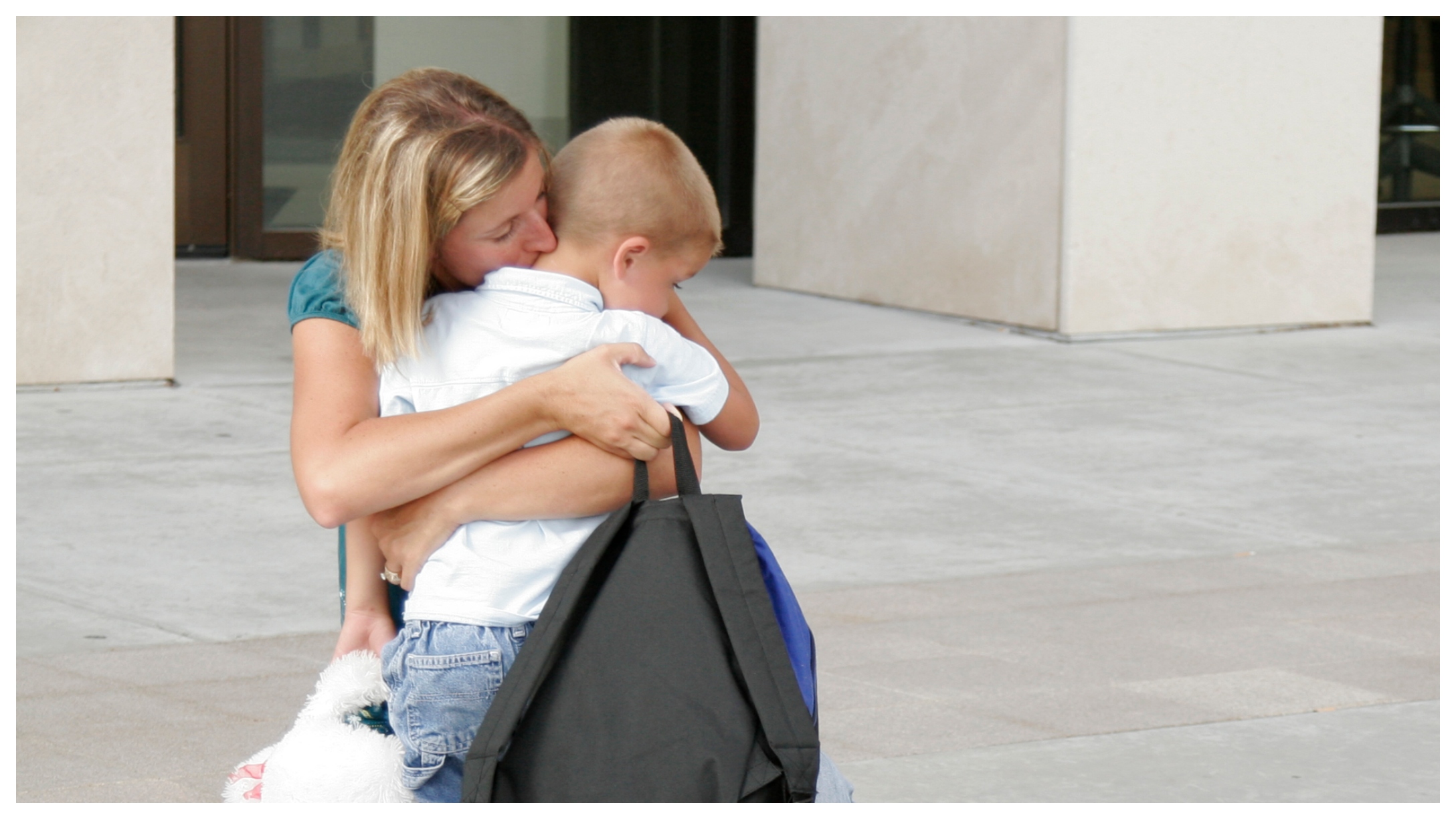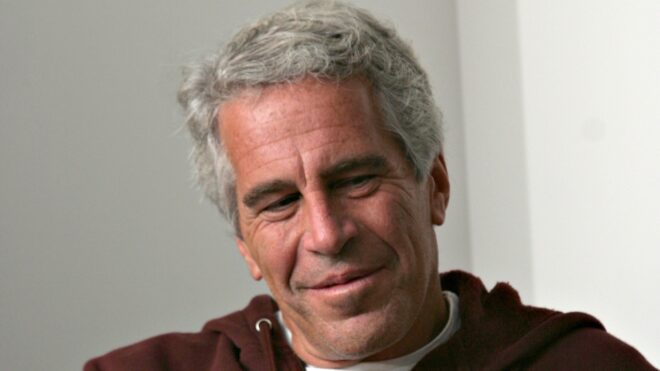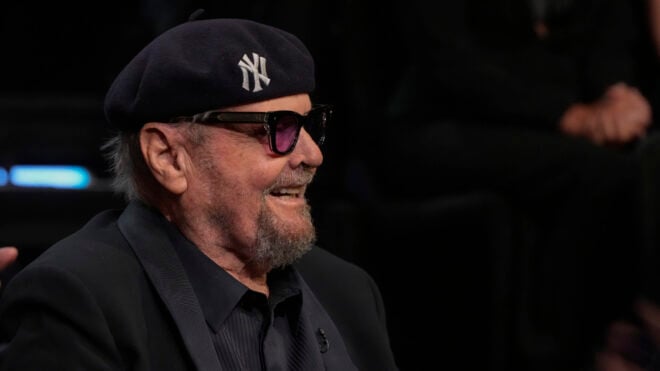
At 33, after almost a decade of marriage, I was ready to get divorced. When I say that, I mean simply that I was ready to not be married anymore. I was hopeful, even excited about life on my own, because, truly, it was what the deepest part of my soul had been telling me I needed for many years.
Still, I anticipated a fair amount of struggle. But what I didn't expect was that practically everything about my life would change. Suddenly, it felt like there were no more constants, no ground to stand on. And there was far more letting go than I ever thought I'd have to do in a lifetime on the horizon.
My ex and I navigated living in separate homes. We figured out a schedule with the kids, which evolved over time and now looks like 50/50 custody. I battled guilt, and I grieved a series of failed relationships. My mental health suffered blow after blow, and I started to feel like there was no one in my life who understood.
I am not a person who is afraid of being alone. In fact, most times I thrive on it. It was something I had so desperately looked forward to when I thought about leaving my marriage. I fantasized about nights on the couch, curled up with a glass of wine and a book. I had wanted that space to breathe and simply be for years upon years.
But being alone and being lonely are only separated by a thin line. The difference is when you feel like your solitude stops being a choice. At times, usually after a failed relationship, I often plummeted into a deep pit of loneliness.
It didn't help that I didn't have any friends who were going through something similar. Just as I had been the first of my friends to have a baby and get married (yes, in that order), I was now the first one to go through a divorce. And just like when I went through the jarring experience of new motherhood in many ways alone, here I was again.
The best and worst parts about intense life transitions are often about the people who are around you. They can make it easier. They can veer from judgment and look at you with empathy. Or they can do the exact opposite.
What feels utterly agonizing is when the people who are supposed to give kindness during the hardest times of your life use your struggle as an excuse to leave you.
People don't always stick around through profound pain. And even if they do, they might not really be there there. You might feel their judgment and begin growing quiet. You might be met with eyerolls and exasperation because your mental health is not what it used to be. You might find yourself shaking on the inside, just trying to make it through the day, wondering why your oldest friend in the world doesn't return your calls.
People who haven't been where you are might expect it to have all been easier. They might say things like, "But you wanted the divorce!" or laugh off your dating life because, perhaps to happily married people, it seems juvenile. They might make you feel like so much more of a failure. And between that immense judgment and the demons playing tricks on your own mind, it becomes harder all the time to hang onto people you thought you'd never lose.
Truthfully, I didn't want to make new friends. As an adult, I have mostly gravitated toward a small (and shrinking) social circle, and that is how I like it. I never felt like I wanted or needed more than a handful of close friends. And now, as a single woman with a job, two kids, and two dogs, I don't even believe I have the capacity to handle a large group of friends anymore. But at some point, I started to realize that if I didn't find my people — people who were at a similar place in life — I'd suffer for it.
When I was about a year and a half into my separation, I connected with a new work colleague. We were already fast friends, but she lived in another state. Still, we talked each and every day. Then she and her husband separated. Suddenly our lives were practically mirrors of each other's.
I'm a believer that you don't have to be in the exact same place in life as someone in order to connect, to give compassion or kindness. But there is something special about being able to share so much of your truth without judgment. My work friend and I were having the exact same struggles on all fronts. From dating to kids to tricky estranged husband arguments, we were both right there. We were in it. And what we really needed was something that seemed so impossibly hard to come by.
We needed to talk about it.
So talk we did. We called each other and cried. We shared things with each other that no one else knew about. And we also shared in each other's joy. Often, as a year and then two went by, I found myself wondering where I would be without her. Because just being able to hear the sound of my own voice — without feeling like I was a failure, an embarrassment, a complete train wreck of a mother and a human — was stabilizing in just about every way. Having one friend I could bare my soul to was all I really needed.
We became such good friends, even from afar, that she even came to visit me. We tromped around my city, and she met my kids. We even got matching tattoos, because why not?
Our lives don't look completely identical anymore. For one, she is in a serious relationship, and I have barely dated in months. But that hasn't changed our connection. Having someone who was there for me through the hardest years of my life has maybe been the thing that saved me from diving deeper into the black hole of divorce depression. For that reason, I will never underestimate the power of one good friend.
I might not ever understand how the people I thought would give me kindness when I was drowning decided I wasn't worth that. But I will be incredibly grateful for the space that opened up in my life when those people left it.




